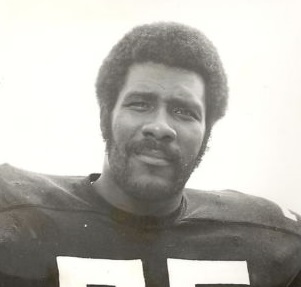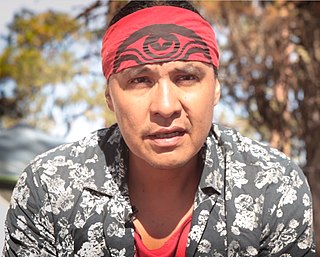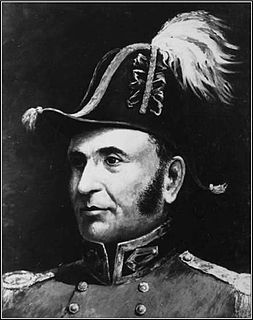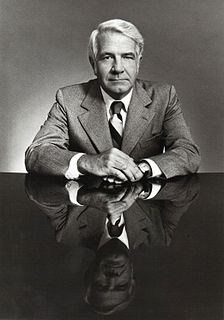A Quote by Elliott Abrams
Related Quotes
For many years in my laboratory and other laboratories around the world, we've been studying fly behaviors in little flight simulators. You can tether a fly to a little stick. You can measure the aerodynamic forces it's creating. You can let the fly play a little video game by letting it fly around in a visual display.
The authorization I propose would provide the flexibility to conduct ground combat operations in other more limited circumstances, such as rescue operations involving U.S. or coalition personnel or the use of special operations forces to take military action against ISIL leadership, it would also authorize the use of U.S. forces in situations where ground combat operations are not expected or intended, such as intelligence collection and sharing, missions to enable kinetic strikes or the provision of operational planning and other forms of advice and assistance to partner forces.
Listen, Mr. President, there's a no-fly zone in Syria. You fly in, it applies to you. And, yes, we would shoot down the planes of Russian pilots if, in fact, they were stupid enough to think that this president was the same feckless weakling that the president we have in the oval office is right now.
The thing is, helicopters are different from planes. An airplane by it's nature wants to fly, and if not interfered with too strongly by unusual events or by a deliberately incompetent pilot, it will fly. A helicopter does not want to fly. It is maintained in the air by a variety of forces and controls working in opposition to each other, and if there is any disturbance in this delicate balance the helicopter stops flying; immediately and disastrously. There is no such thing as a gliding helicopter.
On dispersive ground, therefore, fight not. On facile ground, halt not. On contentious ground, attack not. On open ground, do not try to block the enemy's way. On the ground of intersecting highways, join hands with your allies. On serious ground, gather in plunder. In difficult ground, keep steadily on the march. On hemmed-in ground, resort to stratagem. On desperate ground, fight.




































